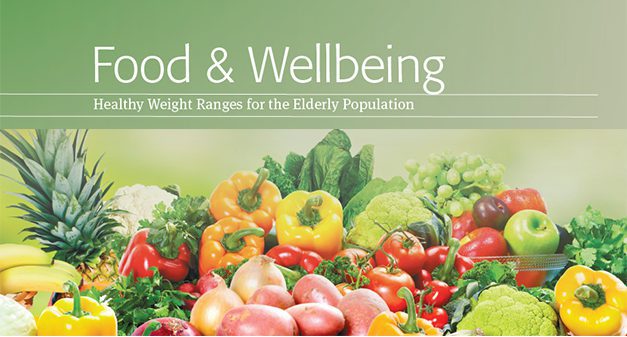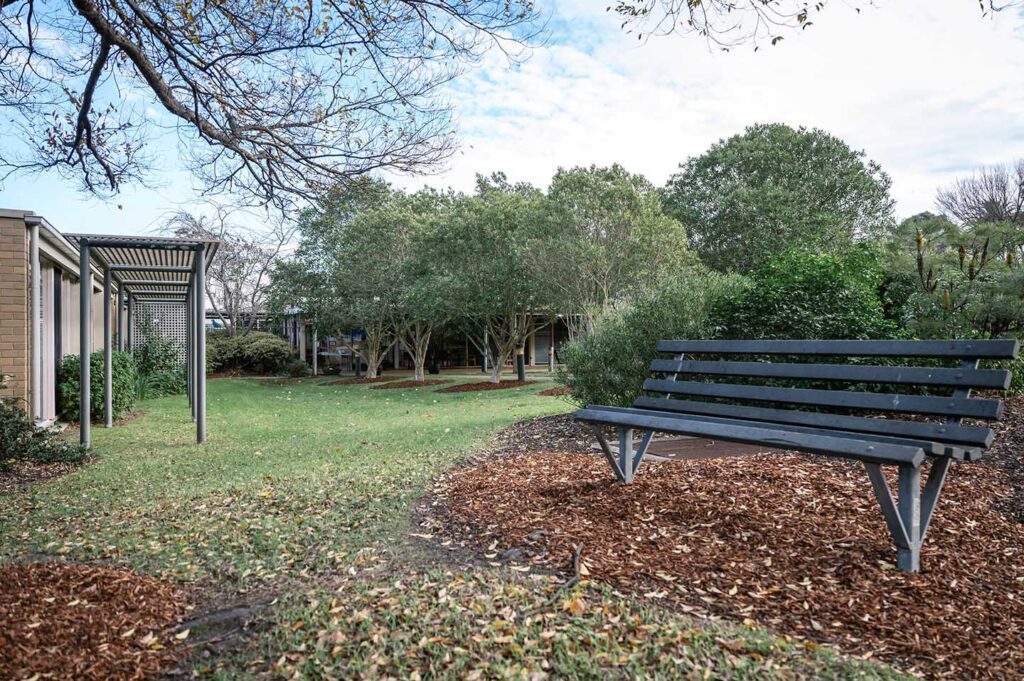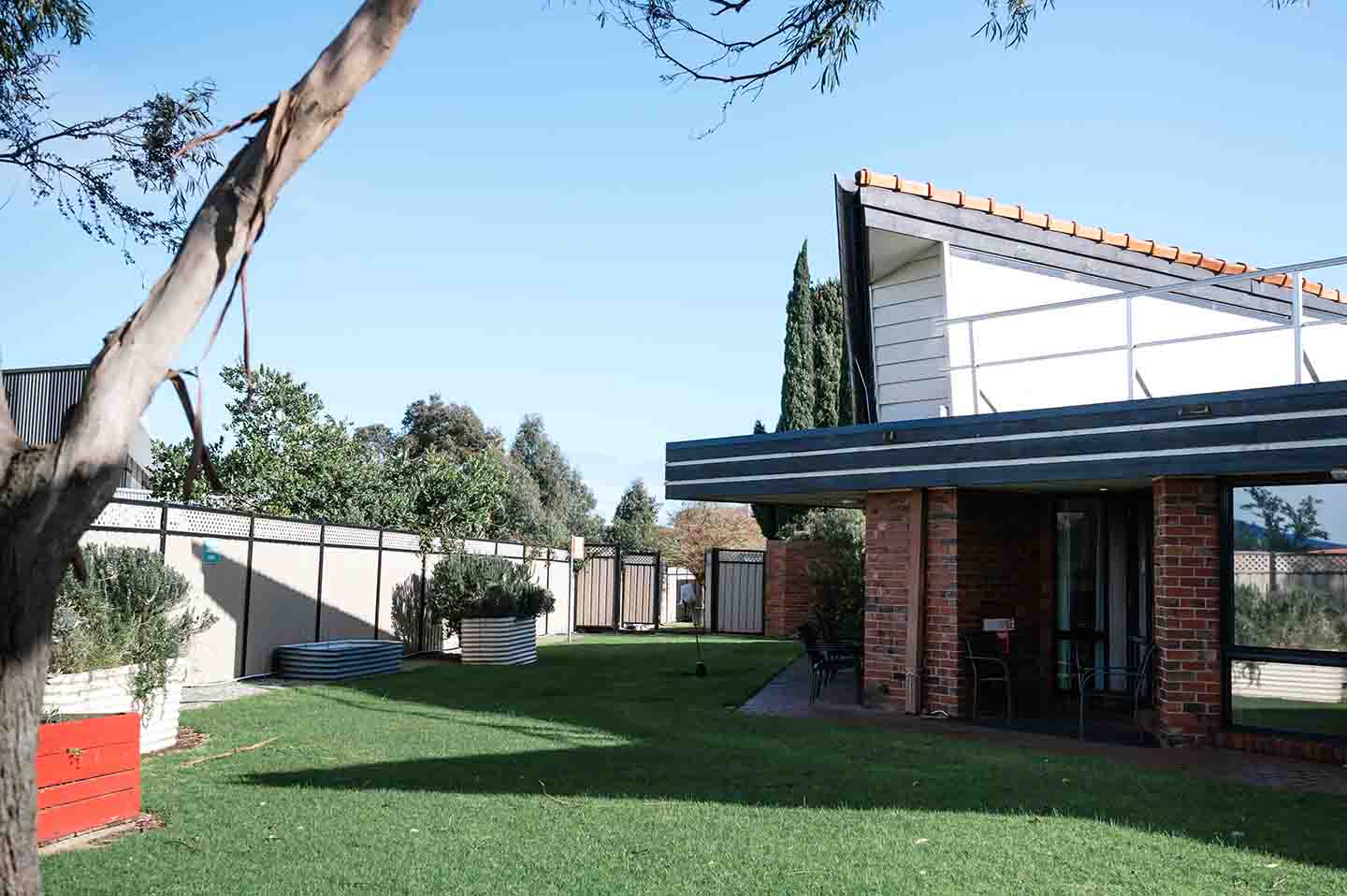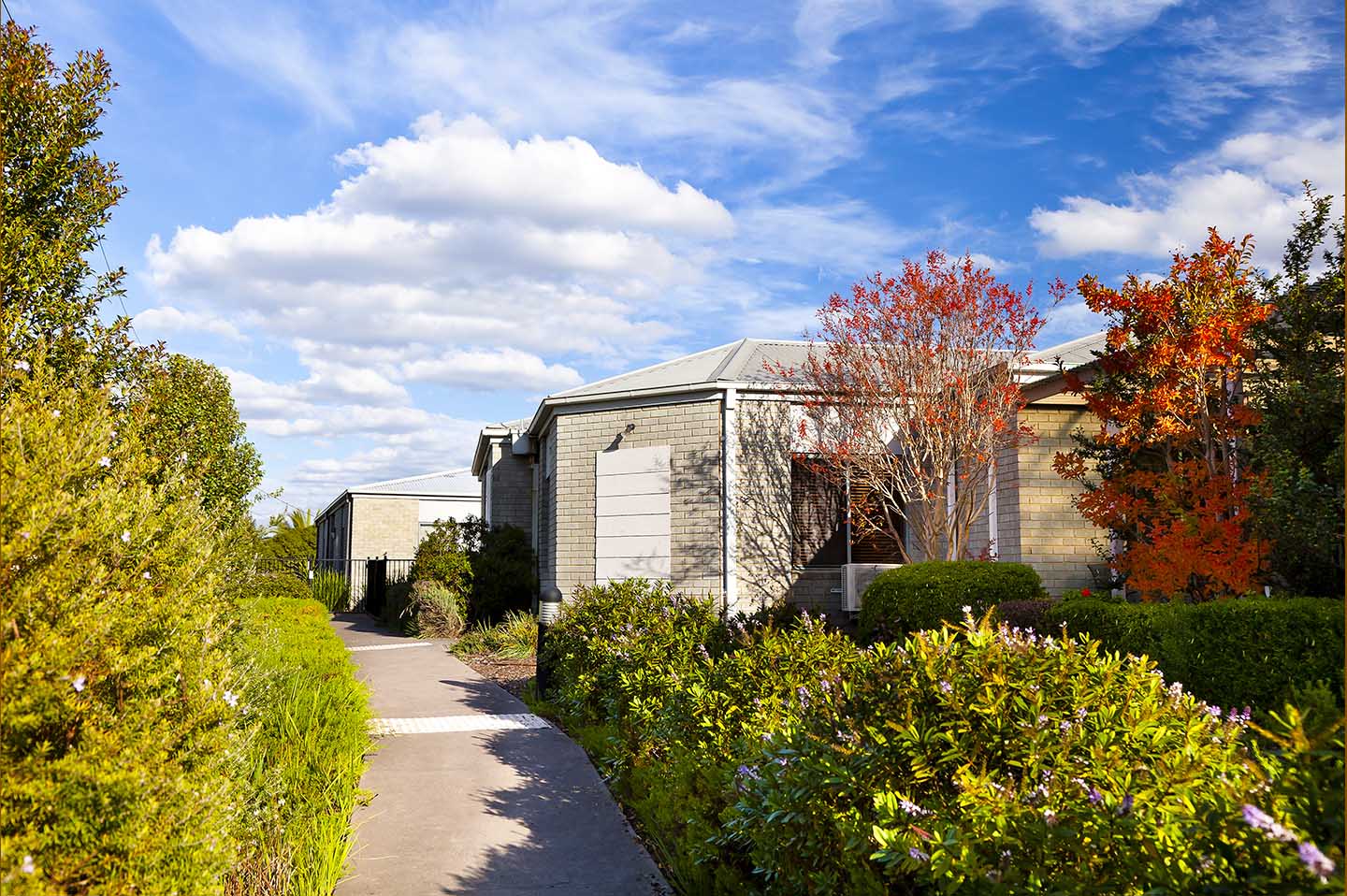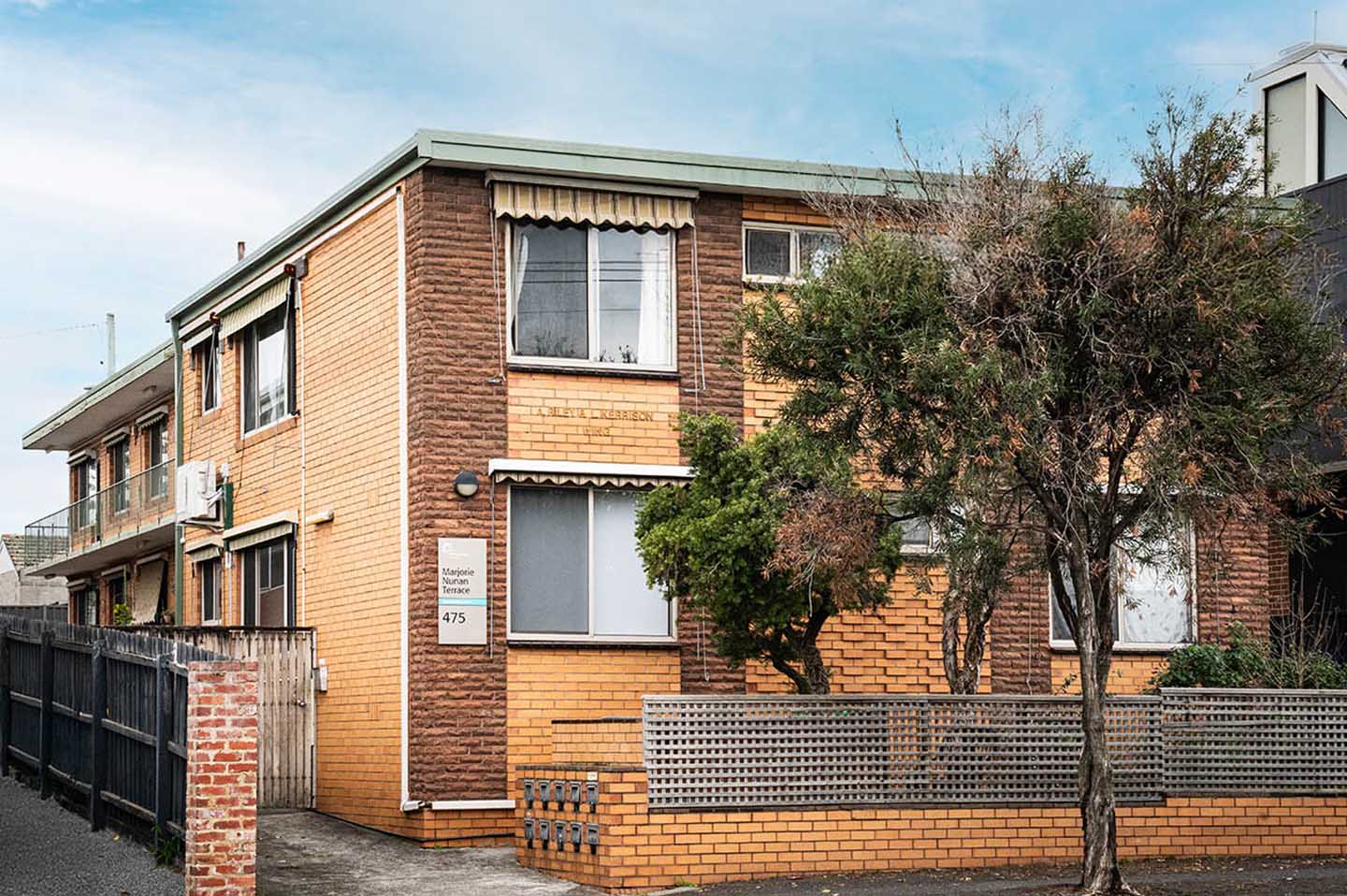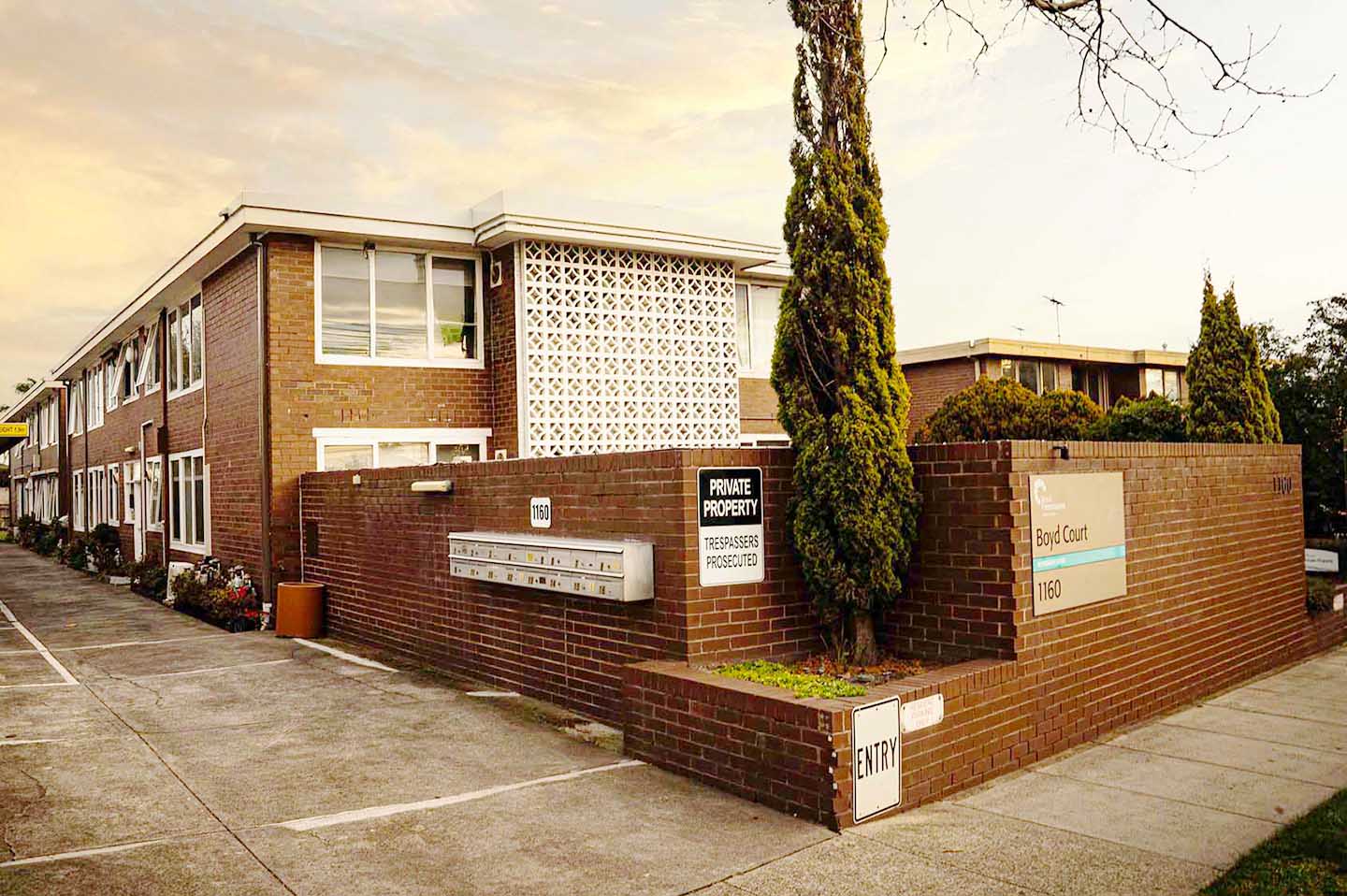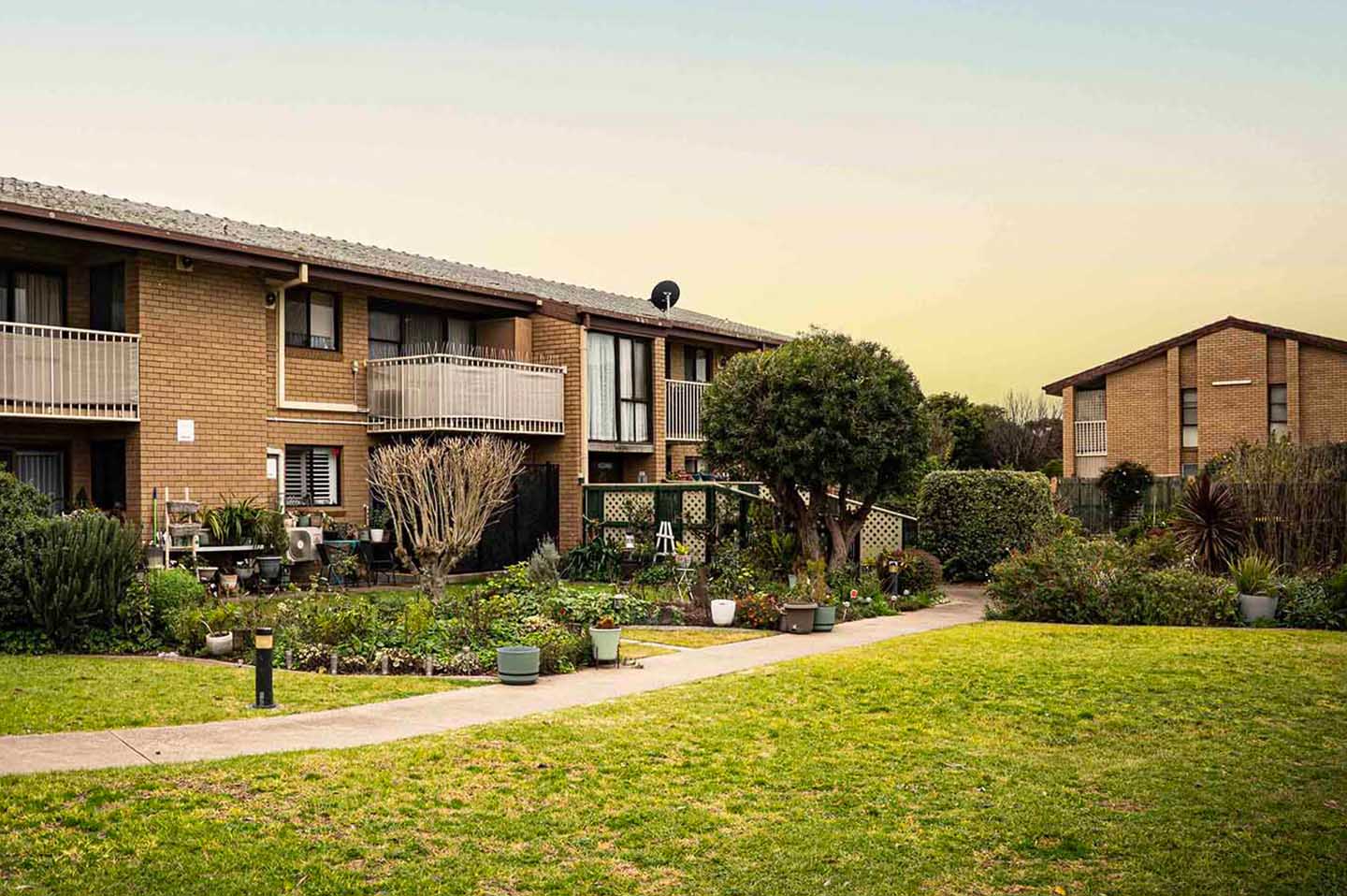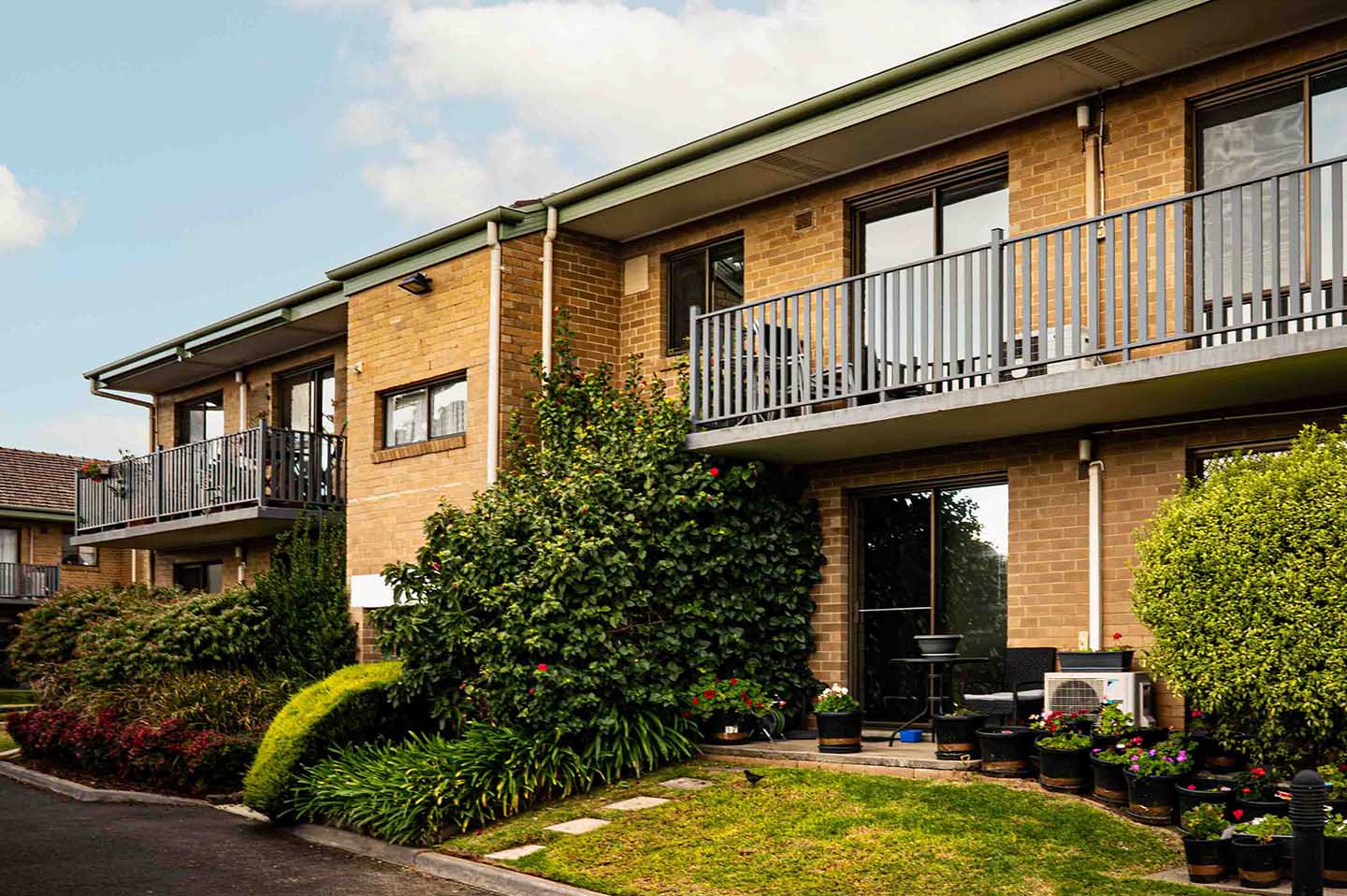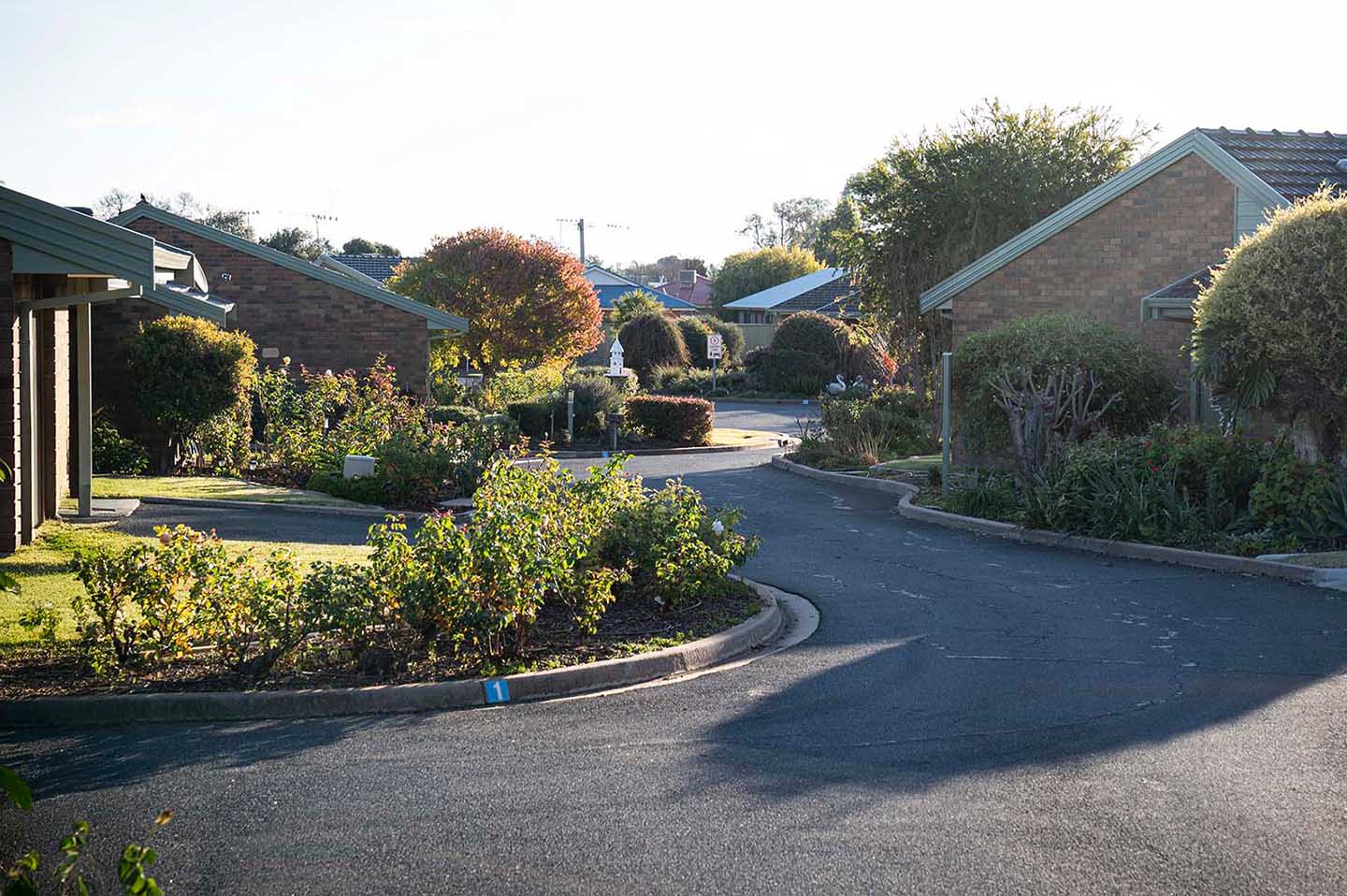THE HEALTH CHALLENGES ASSOCIATED WITH OBESITY ARE MANY AND VARIED AND, OFTEN, PREVENTABLE THROUGH THE ADOPTION OF A HEALTHIER AND MORE ACTIVE LIFESTYLE.
As being overweight and obesity become more prevalent in the general population, it also increases among our elders. For aged care residents, being overweight and obesity are associated with increased survival and stable functionality. As such, residents have better health outcomes if they are on the heavier side. This is referred to as the obesity paradox: obese people with diseases such as hypertension and other cardiovascular related diseases have better health outcomes than their normal weight counterparts.
The exact mechanism behind this observation is unclear. Extra body weight in the elderly can assist with general wellbeing such as increased bone mass, hip protection and the protective effects of certain fat-derived factors such as cytokines. The healthy weight range for residents in aged care facilities is more appropriately a Body Mass Index (BMI) of 22-27 rather than 20-25 recommended for younger adults.
So, there is no need to encourage active weight loss for residents over 65 years with a BMI up to 301. Even though obesity (BMI > 30) is associated with a number of health problems such as reduced mobility, breathing difficulties and pressure area issues, there is no evidence that deliberate weight loss in the obese elderly leads to positive health outcomes. In fact, the consequences of weight loss in the absence of weight-bearing exercise can be loss of muscle and bone2.
If a resident is overweight or obese and their weight is affecting their quality of life, mobility, and ability to transfer, then a plan to prevent further weight gain may be required. This could include limiting sugar-containing drinks or reducing the usual added cream, butter or margarine that are routinely recommended in aged care. Any formal strategies aimed at weight control require a specialised nutritional care plan which should be developed and monitored by a dietitian with experience in aged care.
The resident should also be encouraged to undertake weight-bearing exercise with the guidance of a physiotherapist or exercise physiologist in order to prevent muscle and bone loss.
Quality of life and choice are important considerations in aged care and imposing dietary restrictions is unnecessary and may have negative consequences. Loss of weight without trying is always of concern, even in those who are very overweight or obese. It is important to remember that malnutrition and obesity can co-exist.

